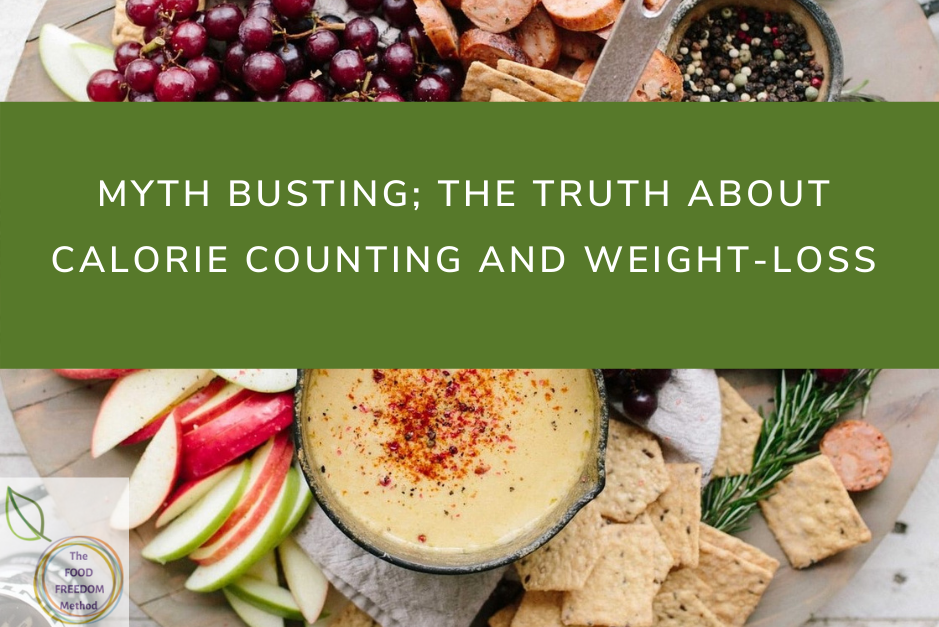{Myth busting} The truth about calorie counting and weight-loss
How many times have you heard the phrase .....to lose weight you simply need to burn more calories than you consume?
The diet and fitness industry have consistently driven this message home for decades (and it suits their collective bank balance to do so).
But why doesn’t it work in reality? With around 95 out of 100 diets failing in the long term – surely there is something that does not quite add up?
The simple truth is it is not so simple - Yes- a calorie is still a calorie, but not every calorie behaves the same way inside the body.
Our food sources are made up of a vast variety of compounds and substances, that interplay with our biology in so many ways, these extend way beyond just energy values.
Weight management is not like your bank account.
It is a complex interaction between hormones (e.g., thyroid, sex, appetite and fat storage), brain chemicals, the gut ecosystem, energy requirements, fuel source availability, genes and hundreds of other variables, all interconnecting.
Let’s take 300 calories worth of cake and 300 calories worth of cauliflower for example.
A calorie is a unit of energy so they must be the same right?
But do you think that same calorie of cake will impact our biology in the same way that cauliflower does?
In order for your metabolism to work properly, your body must not be deprived of any food group. If you find yourself avoiding any of the food groups based on the sum of their calories, you’ll likely be missing out on key nutrients, critical for your metabolism to function at its best.
The body also needs enough food, to sustain efficient functioning of your metabolism. Your subconscious brain will do everything it can to control how much fat your body stores. If you undereat because you are restricting your calorie intake, then your basal metabolic rate (BMR) will be switched downwards – slowing down your metabolism and the rate and which it burns energy. This is something you may be able to override for a short period of time i.e. during the honeymoon period of a diet, but ultimately for most people this will not be long lasting.
The key is to understand how your body works in order to overcome society’s deeply ingrained belief that we simply must eat less and exercise more. This thinking merely serves to promote a diet mindset that leads to destructive thinking and harmful eating behaviours.

